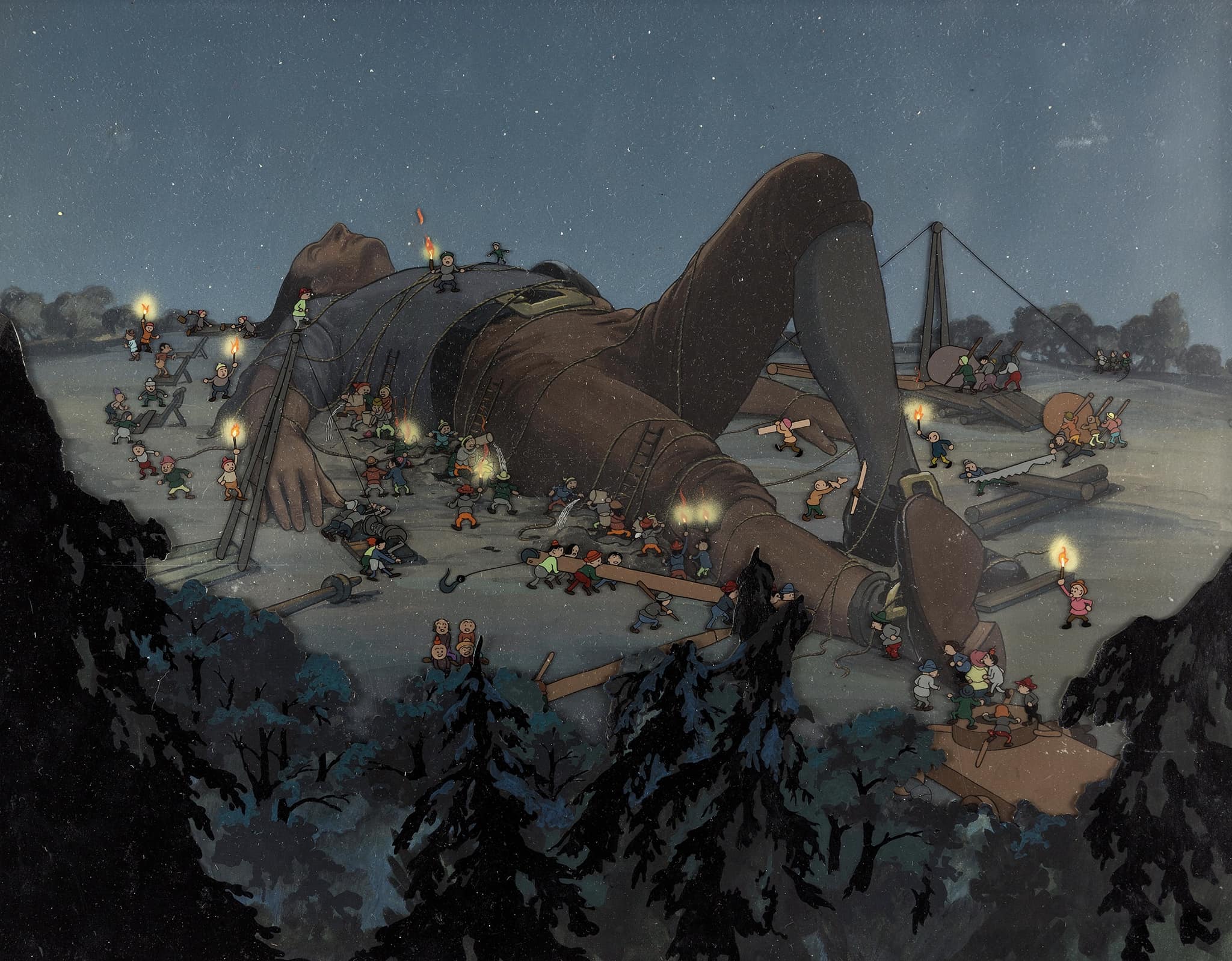In Irish author Jonathan Swift’s 1726 satire — “Gulliver’s Travels” — Lagado is the capital of Balnibarbi whose king had invested a great fortune on building an “Academy of Projectors” so that it shall contribute to the nation’s development through research.
Gulliver describes pointless experiments conducted there — trying to change human excretion back into food, trying to extract sunbeams out of cucumbers, teaching mathematics to pupils by writing propositions on wafers and consuming them.
“None are so blind as those who refuse to see” is a proverbial expression that has been used by many authors and public figures throughout history. The exact origin of the phrase is unknown, but it has been attributed to various sources, including the Bible, where Jesus says, “For judgment I am come into this world, that they which see not might see; and that they which see might be made blind” (John 9:39, King James Version).
The phrase has also been attributed to Jonathan Swift, an Irish author and satirist, who wrote in his 1738 work,
“Polite Conversation”: “Blind, sir? I see every day where Lord M– goes upon the bench without his bag, and you tell me he is not blind?”.
However, it is possible that the phrase existed prior to Swift and was simply popularized by him.
Internet Archive: Gulliver’s Travels









